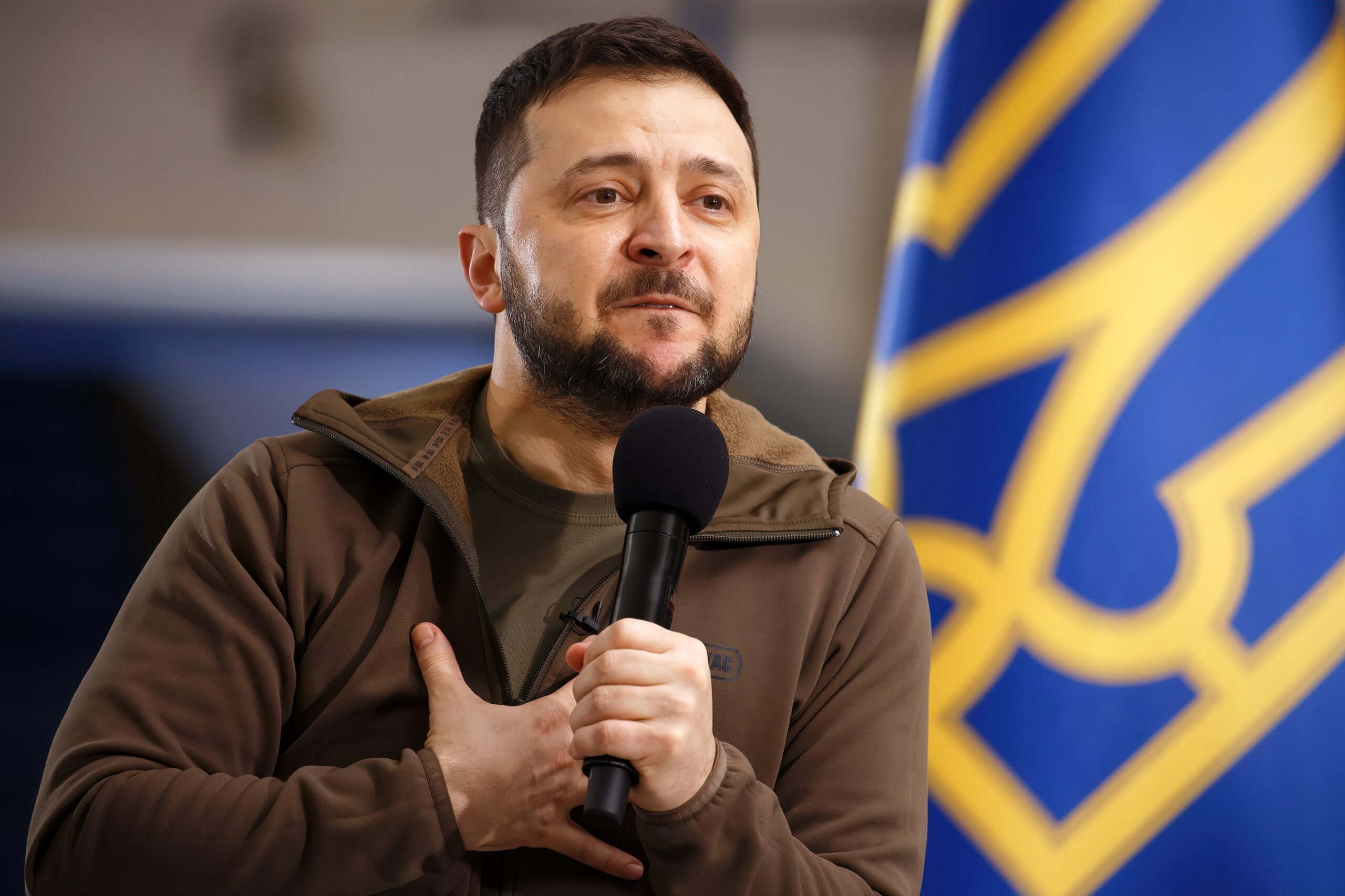Americans Skeptical Of DC ‘Uniparty’ Ukrainian Funding

When the Biden administration approached Congress recently with an emergency request for an additional $40 billion in taxpayer money, Ohio businessman and Republican candidate for U.S. Senate Bernie Moreno couldn’t keep silent. Analyzing the intricate threads of this enormous funding request, he found a tapestry representative of what he calls the D.C. “Uniparty” at its finest.
This mammoth demand includes $24 billion intended for military and economic aid to Ukraine. Meanwhile, $12 billion is slated for rejuvenating a depleted federal disaster relief fund, with the remaining $4 billion designated for southern border enhancements, primarily concerning migrant services and countering fentanyl.
Moreno told Breitbart News Saturday, “Our simple expectation is that they will use that money to support Americans and America. I’m very empathetic to the people of Ukraine, but at the end of the day, I’m dramatically more concerned about the people in America.”
His point is rather simple. Each issue, however pressing, should have its separate vote. By muddying the waters with multi-faceted bills, politicians can conveniently hide behind the veil of complexity, a crafty strategy enabling them to claim they supported causes like disaster relief while also green-lighting controversial foreign aid. The term “uniparty” fittingly paints a picture of bipartisan manipulation, where both sides win, but at what cost to the American people?
The Ukraine issue remains complex. The beleaguered nation continues its efforts against Russian invasion, and its quest for NATO and U.S. support is relentless. However, the American public’s enthusiasm for such endeavors is waning. An AP-NORC poll from January 2023 indicated that the percentage of U.S. adults favoring weapon provision to Ukraine plummeted from 60% in May 2022 to 48%. Notably, this decline wasn’t party-specific — Democrats and Republicans alike showcased decreased support.
So, where does former President Trump fit in? His skepticism toward the Ukraine conflict is well-documented. He’s posed pressing questions, challenging the wisdom of the U.S. aligning itself so heavily against Russia, especially considering the potential ramifications with other global powers like China.
One can’t help but think: Is this extensive aid to Ukraine genuinely strategic? Or is it a symptomatic representation of an administration more reactive than proactive?
Senate Majority Leader Chuck Schumer (D-NY) argues the former, recently commenting, “The latest request from the Biden administration shows America’s continued commitment to helping Americans here at home and our friends abroad.” Yet, the narrative isn’t that simple. With the White House facing accusations of financial misconduct and a potentially bruising 2024 reelection campaign looming, can we genuinely separate foreign policy decisions from political optics?
Moreno aptly summed up the feelings of many when he said, “These things should be separated. There should be rules in Washington, D.C., where politicians are forced to vote on one specific topic at a time.” Because at its core, governance should be transparent, accountable, and above all, aligned with the interests of the American people.
























